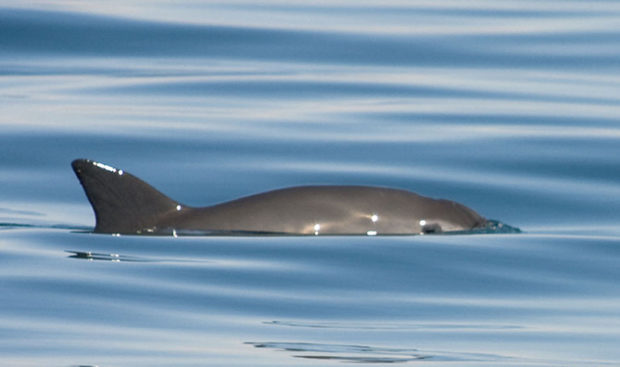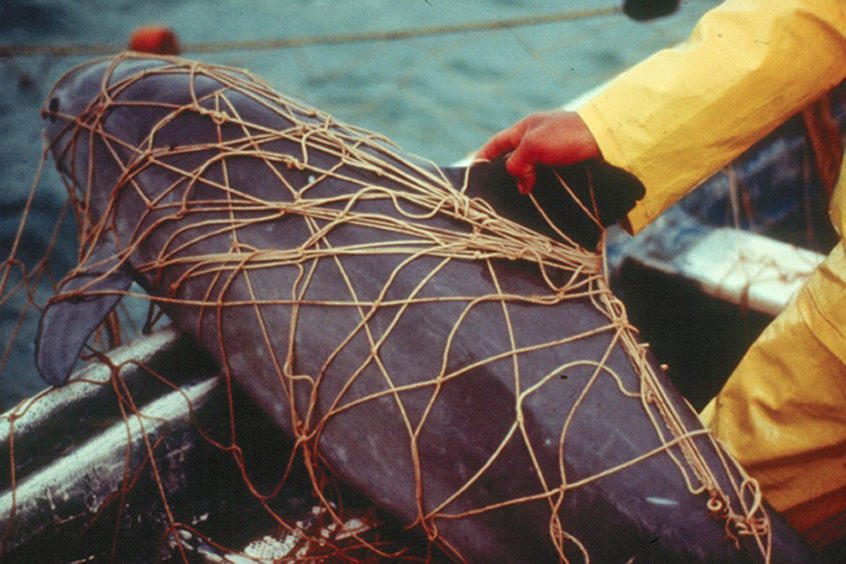One of the world’s most endangered animals could face extinction within a year if illegal fishing nets continue to be used, researchers at St Andrews University have warned.
There may now only be fewer than 10 of the rare vaquita porpoises remaining at the northern tip of the Gulf of California in Mexico, the only place they live.
Estimates in 2016 had put the worldwide population at just 30 but, despite the Mexican government banning the gillnet which causes porpoises to be killed as a bycatch, illegal fishing has continued.
Research published in the peer-reviewed journal Royal Society Open Science has revealed 10 dead vaquita have been found since then and, of those where cause of death could be established, all had drowned in gillnets.
The vaquita is the world’s smallest cetacean and is the most endangered marine mammal in the world.
Professor Len Thomas, director of the university’s Centre for Research into Ecological and Environmental Modelling (Creem), was invited to participate on an international expert panel of ecological statisticians to analyse the data.
He said: “The ongoing presence of illegal gillnets despite the emergency ban continues to drive the vaquita towards extinction.
“Immediate management action is required if the species is to be saved.”
Studying recordings of bio sonar clicks by the vaquita, which are made via a large grid of acoustic sensors spread out over the water the mammals inhabit, allowed researchers to estimate the decline of the species.
Their studies have shown alarming declines in numbers of the mammals – by 98.6% since the current monitoring study began in 2011 and by nearly 50% per year since the 2016 study.
The researchers’ best estimate is that there were nine animals remaining at the end of the last acoustic survey in August 2018.
Vaquitas are known as the “smiley pandas of the sea” because of the dark circles round their eyes and mouth and their lifespan of just 20 years is short compared to other porpoises.











